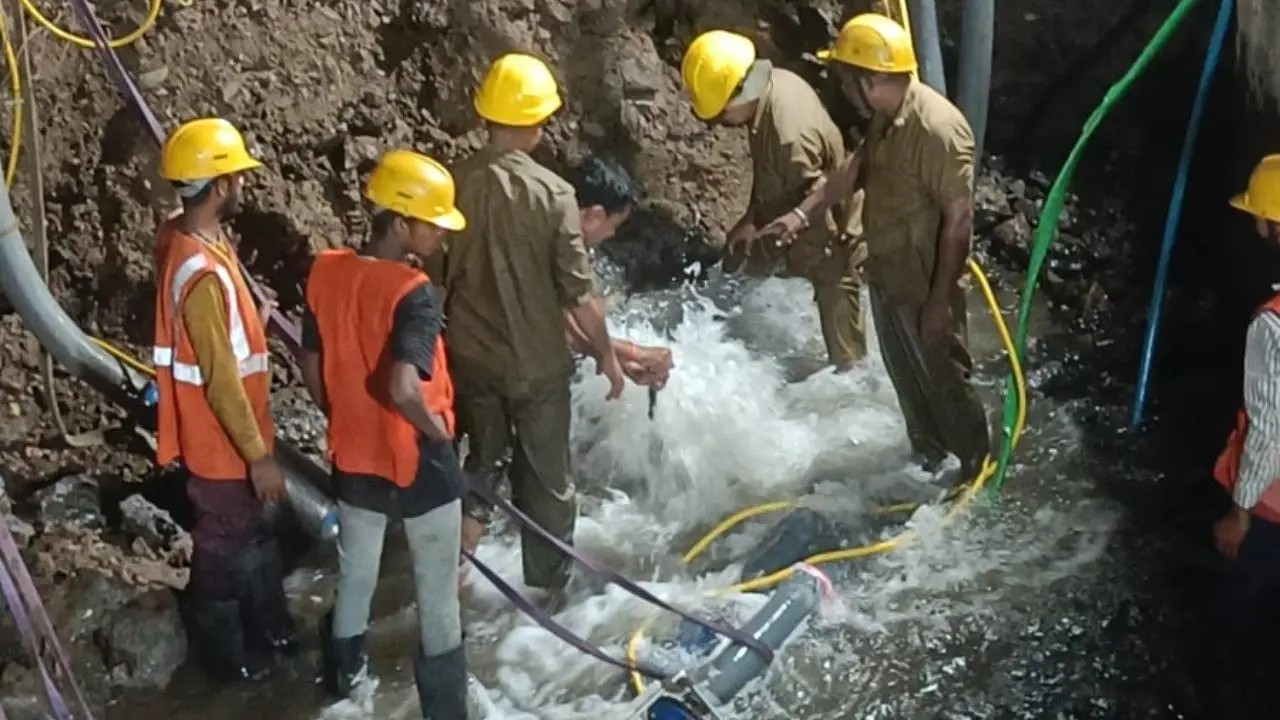The Brihanmumbai Municipal Corporation (BMC) has declared that Mumbai will not face immediate water cuts, despite reservoir levels plunging to just 22.66 per cent of total capacity.
The announcement followed a high-level review led by Municipal Commissioner Bhushan Gagrani, who affirmed the civic body’s preparedness to maintain the city’s daily water needs—at least until the end of July. Mumbai currently relies on a fragile network of reservoirs, with total usable water stock standing at 3.28 lakh million litres (ML), down slightly from last year’s 3.33 lakh ML. The drop in storage has largely been attributed to high evaporation rates due to scorching summer heat. While this year’s deficit may appear marginal, civic engineers highlight that Mumbai operates close to the edge of its infrastructural capacity every summer, with any shortfall immediately magnifying distribution challenges.
To shore up supplies, the Maharashtra government has sanctioned the release of 68,000 ML from the Upper Vaitarna Dam and 113,000 ML from the Bhatsa Dam. This strategic allocation, combined with calibrated supply planning, is expected to sustain the city’s average daily distribution of around 3,950 million litres. While the announcement offers momentary relief, it does not mask the city’s deeper systemic vulnerabilities. Mumbai, a city of over 20 million residents, continues to struggle with a daily water shortfall of nearly 450 million litres. Much of this loss is due to outdated transmission infrastructure, with leakage rates estimated to be among the highest in urban India. Experts note that the city’s critical water pipelines, some of which stretch over 120 kilometres from remote lake sources, remain severely overburdened and under-maintained.
The situation is even more dire for the urban poor. A large segment of the population in informal settlements still lacks piped connections, relying instead on community taps or irregular tanker services. Water access remains deeply inequitable, raising questions around the long-term sustainability and fairness of urban water governance. Despite floating proposals over the years for desalination plants and wastewater recycling initiatives, progress on the ground has been slow. Environmentalists and urban planners have called for a shift toward decentralised, climate-resilient solutions, urging authorities to prioritise leak-proofing, reuse, and equitable distribution over costly mega-projects.
While the current decision to withhold cuts may ease tensions in the short term, it underlines the urgency for a systemic overhaul of Mumbai’s water supply strategy. With the monsoon still weeks away and weather patterns becoming increasingly unpredictable, the need to future-proof the city’s water security has never been more critical.
Also Read: India’s Cargo Sector Rises with Digital Innovations and Infrastructure Modernisation Plans


